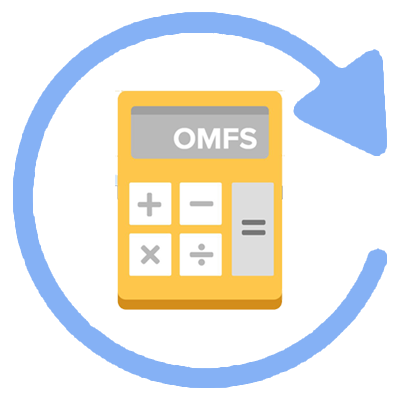DME: Invoice Not Required for (Most) Durable Medical Equipment
Too often, we see claims administrators demand extraneous paperwork from providers, adding unnecessary friction to the workers’ comp billing and payment process. One example is requests for invoices for Durable Medical Equipment, Prosthetics, Orthotics, and Supplies (DMEPOS).
Some claims administrators insist that an invoice accompany the bill to substantiate charges for DMEPOS. With single exception, this is an incorrect demand.
Invoices: Dangerous Devices Only
Section 3.0 of The Division of Workers’ Compensation (DWC) Medical Billing and Payment Guide describes the components of a “complete,” compliant original bill. For invoices, § 3.0(b)(9) states:
An invoice or other proof of documented paid costs must be provided when required by statute or by the OMFS for reimbursement.
For DMEPOS products ONLY when a dangerous device is distributed, a provider must substantiate their charges with documentation of paid costs. California Labor Code Section 5307.1 caps reimbursement for dangerous devices as follows.
- § 5307.1(e)(4)(B) describes the reimbursement rules for dangerous devices, setting permissible rates according to “documented paid costs.”
- § 5307.1(e)(6)(D) refers providers to Section 4022 of the Business and Professions Code for the precise definition of “dangerous devices.” According to § 4022, dangerous devices are those “unsafe for self-use” that include:
...Any device that bears the statement: “Caution: federal law restricts this device to sale by or on the order of a ____,” “Rx only,” or words of similar import, the blank to be filled in with the designation of the practitioner licensed to use or order use of the device.
...Any other drug or device that by federal or state law can be lawfully dispensed only on prescription or furnished pursuant to Section 4006.
For non-dangerous DMEPOS, the rules require no invoice or any other proof of documented paid cost. As long as the DMEPOS product in question is included in the OMFS, no further substantiation of the cost is warranted.
If a claims administrator denies payment for non-dangerous DMEPOS on the grounds of a missing invoice, request second review. Include in your request the following language:
Pursuant to Labor Code 5307.1, an invoice is not required for this DME as it is listed on Medicare’s DMEPOS fee schedule and does not meet the definition of a 'Dangerous Device'.
Billing for workers’ comp is strenuous enough without adding more paperwork to the equation. Know the rules, and bill accordingly.
Billing for workers’ comp doesn’t have to be this hard. DaisyBill’s Billing Software takes care of everything, from calculating reimbursement to generating complete, compliant bills. Schedule a free demonstration, and see what DaisyBill can do for your office.
REQUEST DEMO
DaisyBill provides content as an insightful service to its readers and clients. It does not offer legal advice and cannot guarantee the accuracy or suitability of its content for a particular purpose.



.png)